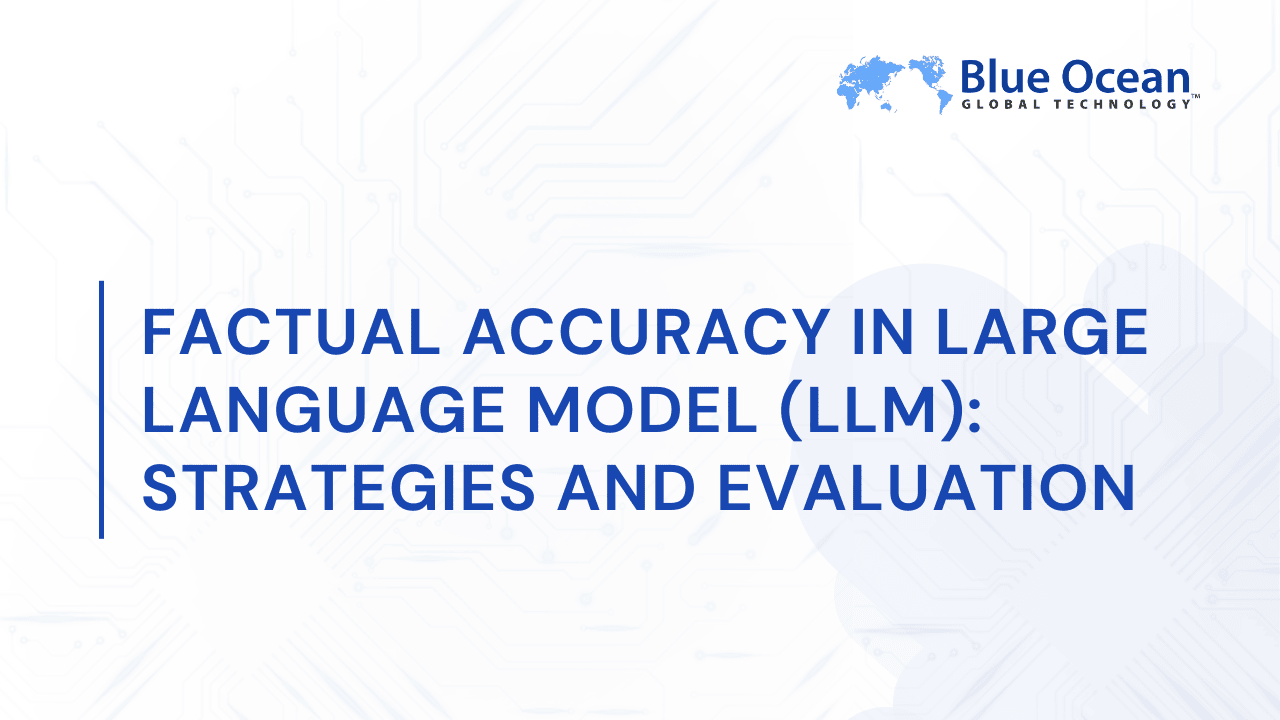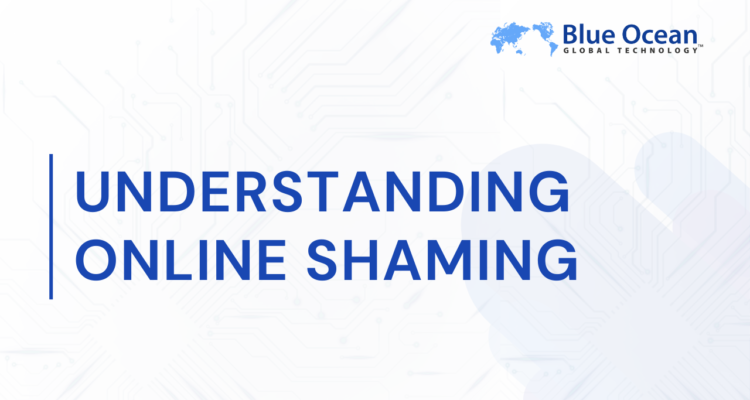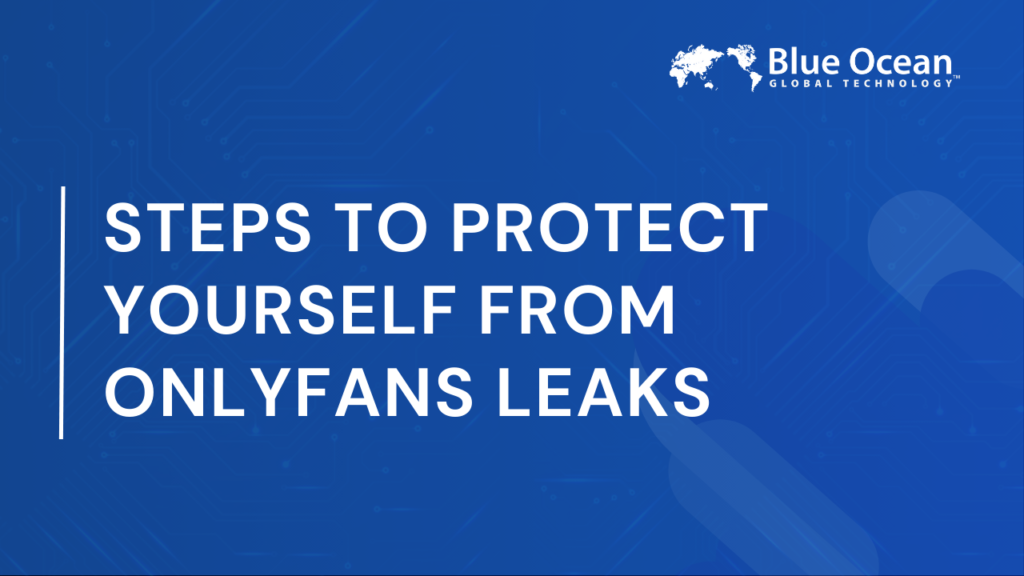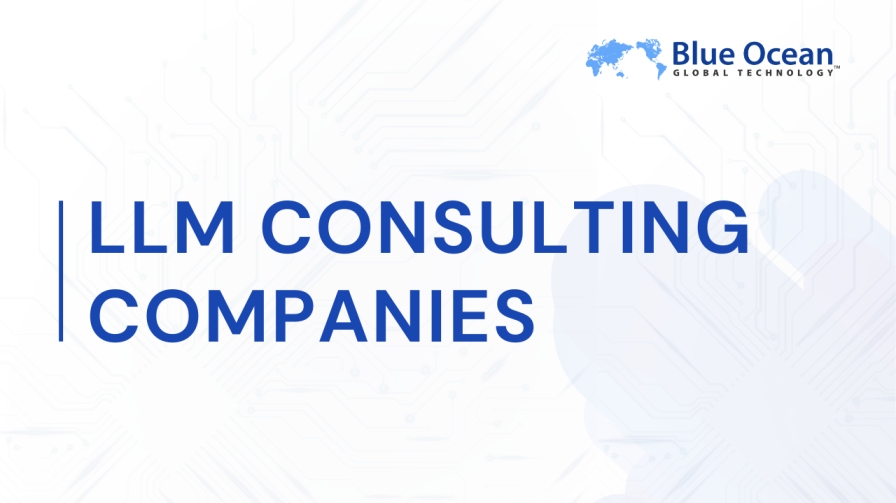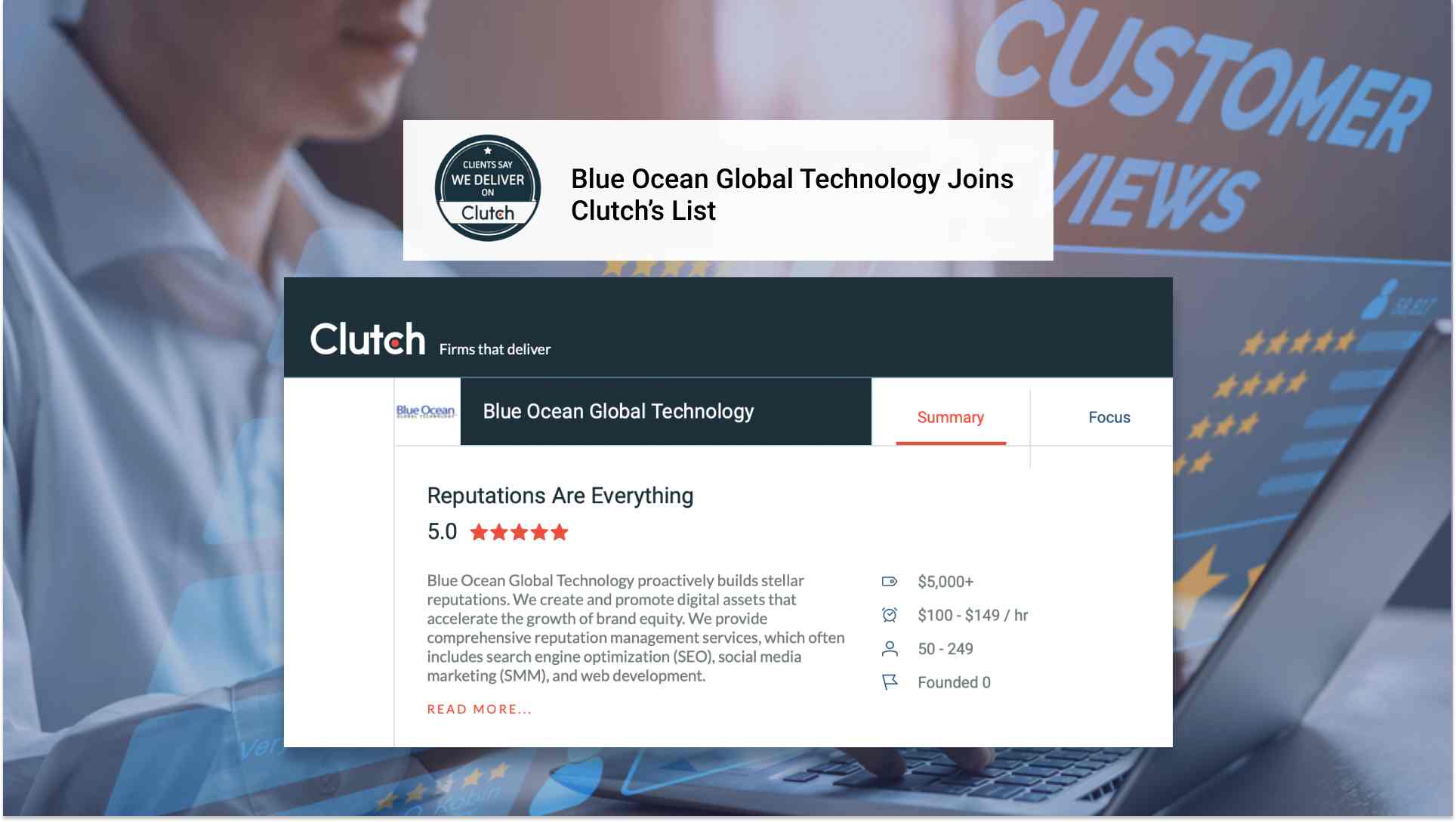- LLMs are prone to misinformation and inaccuracies due to their exposure to multiple sources.
- Strategies that reduce the number of errors in LLM outputs assist LLMs in providing users with accurate information.
- Humans play a vital role in enhancing the accuracy of LLM.
Introduction

Source : Freepik
Current Large Language Models (LLMs) have shown extraordinary performance. They generate texts that closely resemble that of a human being. LLMs learn patterns and relationships between words, phrases, and sentences to deliver relevant results to the user’s queries. They write stories and translate languages, and they provide answers to generally complicated questions. Data Annotation then tags datasets with relevant and informative labels to train machine learning algorithms and large learning models (LLMs) to understand and classify raw data.
But can we trust what they tell us? Factual accuracy in LLMs and their outputs remains a major hurdle.
In this article, we will discuss the measures that are taken towards making the output of LLM factual. We will also assess the existing methods and their effectiveness of factual accuracy in LLMs. Lastly, we will consider the impact of the feedback from humans on the improvement of LLMs.
What is Factual Accuracy in LLMs?
Factual accuracy in LLMs means how much the given information reflects the facts that have been confirmed by research. It is a measure of the extent to which the model generates true and reliable content.
Challenges of LLMs
Since LLMs utilize large amounts of text data as training material, it can be a boon or a bane. This enables them to have a large amount of information. At the same time, they are fed with wrong information, built-in biases, and outdated information. This leads to several challenges to factual accuracy in LLMs:
- Misinformation: LLMs can confidently spout incorrect facts, especially on niche topics or recent events not included in their training data.
- Overconfidence: Even with wrong answers, LLMs often present them with a high degree of certainty, making it difficult to discern truth from fiction.
- Outdated Knowledge: The world is constantly changing, and LLMs may struggle to keep pace. Their responses might reflect facts that are no longer true.
Enhance AI Factual Accuracy with Expert LLM Solutions
Ensure your Large Language Models deliver reliable, factually accurate results. Explore how to optimize your AI systems for credibility and performance.
Importance of Factual Accuracy in LLM Outputs
Inaccurate information can lead to misinformation and eradicate the credibility of AI systems. So, it is important to ensure factual accuracy in LLM outputs. In education, healthcare, finance, and other important sectors, precision is necessary to provide users with accurate and safe information.
Approaches to Factual Accuracy in LLM Outputs
There is no single formula to achieve factual accuracy in LLM outputs. Instead, combining strategies is necessary to create a robust system capable of producing reliable and precise information.

Source : Freepik
Pre-training on High-Quality Data
The data used to train any LLM serves as its basis. Pre-training the model on high-quality factual and diverse data increases its capacity to produce accurate output. This includes:
- Leveraging data from well-sourced and reliable databases like publications from scholarly research, verified news outlets, and trusted databases.
- Implementing strategies to filter out information from unreliable sources.
Fine-Tuning with Domain-Specific Data
Fine-tuning domain-specific data can improve their factual accuracy in LLMs in specialized areas. This involves:
- Using curated datasets that are highly relevant to the specific domain or topic.
- Regularly updating the fine-tuning datasets to include the latest information and discoveries in the field.
Incorporating External Knowledge Bases
Integrating external knowledge bases and databases into LLMs can enhance their factual accuracy by providing real-time access to verified information. This can be achieved through:
- Connecting the LLM to APIs of reputable knowledge bases such as scientific databases and government resources.
- Using knowledge graphs to structure and retrieve factual data dynamically during the generation process.
Implementing Robust Fact-Checking Algorithms
Developing and deploying robust fact-checking algorithms can help validate the accuracy of the content generated by LLMs. Techniques include:
- Utilizing machine learning models specifically designed to detect inaccuracies and inconsistencies in text.
- Comparing the generated content with multiple reliable sources to verify facts.
Evaluation of Current Techniques and Their Effectiveness
Pre-Training on High-Quality Data
This foundational strategy sets the stage for improved factual accuracy in LLMs. However, it is limited by the inherent biases and errors present in the training data. While it provides a broad base of knowledge, it may not always reflect the most current or nuanced information.
Fine-Tuning with Domain-Specific Data
Fine-tuning significantly enhances factual accuracy in LLMs’ specialized fields by narrowing the model’s focus. However, its effectiveness depends on the quality and recency of the fine-tuning datasets. Continuous updates are essential to maintain accuracy.
Incorporating External Knowledge Bases
This approach provides dynamic access to up-to-date information, substantially boosting accuracy. However, it relies on the reliability and availability of external sources, and integration complexity can be a hurdle.
Implementing Robust Fact-Checking Algorithms
The technique involves automated fact-checking and cross-referencing to offer real-time validation. This makes it one of the most effective strategies to improve factual accuracy in LLMs. However, the accuracy of these algorithms is crucial, and they may struggle with nuanced or context-specific information.
Role of Human Feedback and Validation in Enhancing LLM Reliability
Source : Freepik
Human-in-the-Loop (HITL) Approach
Involving human reviewers in the training and validation process can greatly enhance LLM reliability. This approach for improving factual accuracy in LLMs includes:
- Collecting feedback from users to identify and correct inaccuracies, which is then used to improve the model iteratively.
- Engaging subject matter experts to review and validate the outputs in specialized domains, ensuring high standards of factual accuracy.
Post-Generation Review
After the LLM generates content, human reviewers can assess and correct any factual inaccuracies before dissemination. This can be implemented through:
- Incorporating the approach used by having a team of editors review the generated content. This is to check if the content is accurate and of good quality.
- Enabling end-users to escalate problems involving inaccuracy which are resolved by human intervention.
Continuous Training and Adaptation
Human feedback and validation are crucial for the continuous improvement of LLMs. This involves:
- Regularly updating the model with new data and feedback to adapt to evolving information and maintain accuracy.
- Conducting thorough analyses of the errors identified through human feedback to understand and mitigate their root causes.
Conclusion
Ensuring factual accuracy in LLM outputs is a multifaceted challenge that requires a combination of strategies. Pre-training on high-quality data, fine-tuning with domain-specific datasets, integrating external knowledge bases, and implementing robust fact-checking algorithms are essential steps. At the same time, human validation and feedback are central to improving LLM reliability. Hereby, we try to combine the advantages of automated and human-driven methods. This will help us obtain more accurate and trustworthy results.
Frequently Asked Questions
1. Are there any tools or platforms specifically designed to enhance factual accuracy in LLMs?
Yes, there are tools and platforms designed to enhance factual accuracy, including automated fact-checkers, APIs for accessing external knowledge bases, and platforms that facilitate human feedback and validation.
2. How often should LLMs be updated to maintain factual accuracy?
LLMs should be updated regularly to maintain factual accuracy, ideally incorporating new data and feedback continuously. The frequency of updates can depend on the domain and the rate at which relevant information changes.
3. Can users report inaccuracies in LLM-generated content?
Yes, user reporting mechanisms allow end-users to flag inaccuracies in LLM-generated content. These reports can be reviewed by human moderators, contributing to the ongoing improvement and accuracy of the model.
Improve AI Accuracy with Professional LLM Assessment Services
Learn how to evaluate and improve the factual accuracy of your AI models, reducing misinformation and boosting trust from professionals at Blue Ocean Global Technology.

